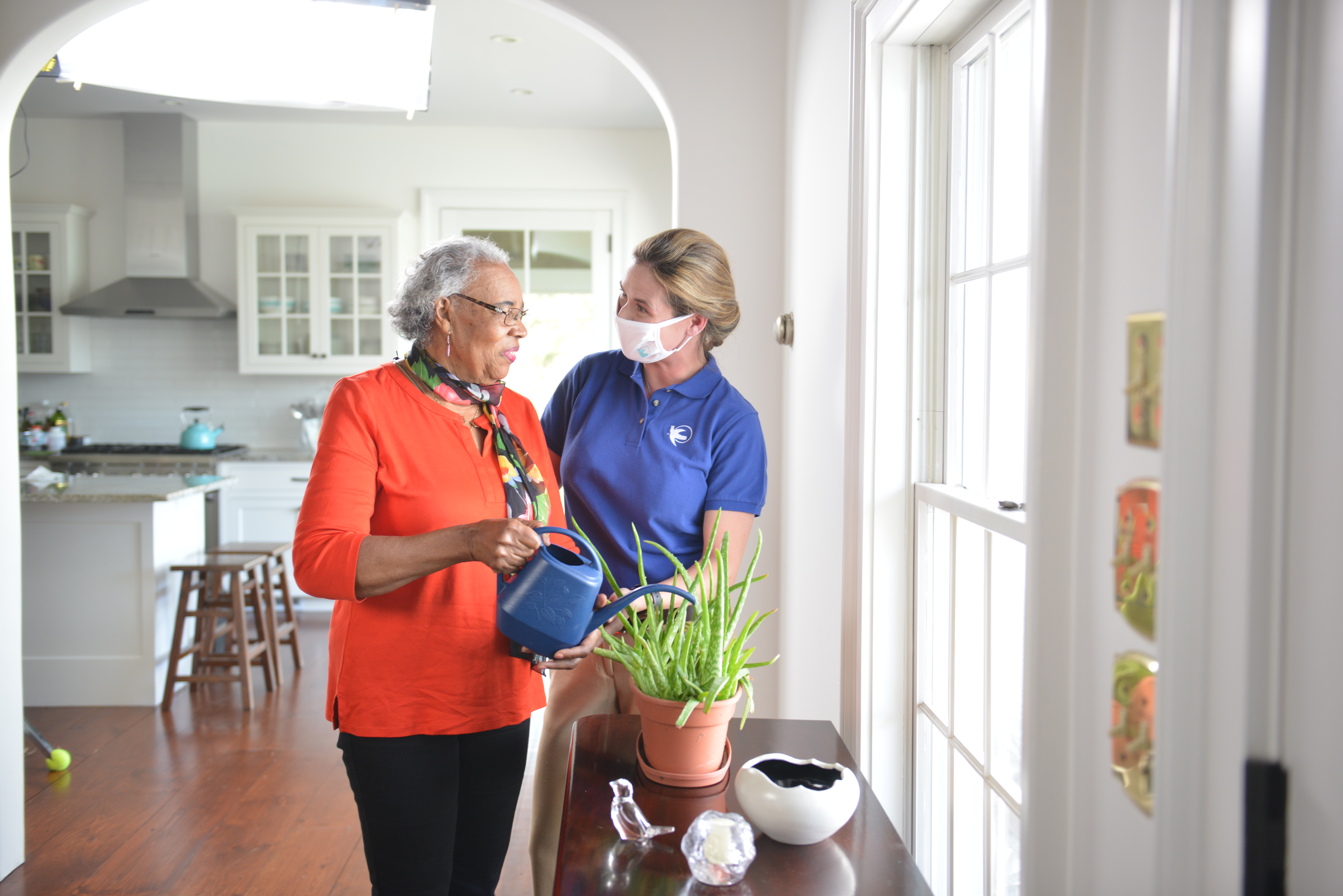
How does exercise compliment Alzheimer’s health?
The brain in a complex muscle with a complex history. There has been a plethora of research done around the brain, but scientists still have not been able to uncover everything about Alzheimer’s health and causes. However, they have found links that have proven that an individual’s over health and wellness is linked to their cognitive health.
If you develop a healthy relationship with your diet and exercise, you can work towards preventing the disease—this is per the Harvard Medical School's research. Similarly, the Alzheimer’s Research Foundation also shared that their research has shown that practicing a healthy lifestyle helps aid with Alzheimer’s health as well as prevent the onset of the disease. Participating in daily exercise, eating healthy and nutrient rich foods, getting a good night’s rest, and keeping the mind stimulated are all beneficial when it comes to Alzheimer’s health and prevention.
Exercise and Alzheimer’s Health
You may be curious as to how much and how often one should be physically active in their journey with Alzheimer’s health. The best answer is whatever your primary care provider suggests, but we have created a list of guidelines that have proven to be beneficial:
- Cardio and Strength Training: combining both aerobic and strength training can help protect the brain as well as reduce the risk of falling, while also increasing your flexibility and endurance.
- Setting an Active Time Goal: Each week set out to engage in physical fitness for a minimum amount of time—typically you should aim for 150 minutes a week. You can break those minutes down however you’d like—you may try to be active for 30 minutes a day, 5 days a week. Choose activities like cycling, marching in place, yoga, or going on walks.
- Monitor Your Progress: Keep a journal to document your physical activity daily. Doing this can be great for tracking what activities you liked or didn’t like. Or if you are hurting the next day, you can compare the pain to any exercise you previously did.
Ways seniors can be active at home
Many seniors find it difficult to be active outside of the home—whether that is due to weather or COVID-19. With the assistance of technology, seniors are able to get a good workout in from the comfort of their homes. At home workouts can be beneficial for Alzheimer’s health.
- Virtual Yoga: This popular exercise is great for working on your strength, flexibility, endurance, and balance. Yoga can also be beneficial for stress and depression. For those who are comfortable with using YouTube, Yoga with Adrienne is a great yoga instructor to watch. She has free videos with a variety of yoga topics, ranging from yoga at your desk to Chair Yoga for Seniors.
- Walking: Taking a brisk walk around the neighborhood daily has shown to contribute to a healthier mental and physical state. Walking around the neighborhood also provides time for an individual to soak up fresh air and vitamin d. You should discuss the amount of time you spend walking and what your ultimate walking goal with your primary care provider. The Health in Aging Foundation has a tip sheet for seniors who are starting a walking program.
- Strength and Resistance Training: While we have discussed the importance of staying active to prevent the risk of falls and to protect brain health, we also should add that strength training helps prevent bone loss. Silver Sneakers shared this training guide to provide seniors a list of at home exercises that can be completed with a band or body weight as resistance.
Visit Safe Winter Fitness Ideas for Older Adults for more ways to stay active at home.
If you have any questions about Alzheimer’s health and how Visiting Angels of Hoboken is assisting our clients, give us a call at 201-533-1415.
Most individuals view having a healthy lifestyle to benefit them physically, but the truth is that it can help with bigger issues also. With a healthy lifestyle you can avoid medical issues such as diabetes, high blood pressure, and even depression. Alzheimer’s health research has shown that having a healthy lifestyle can also help prevent becoming a victim to Alzheimer’s disease.
